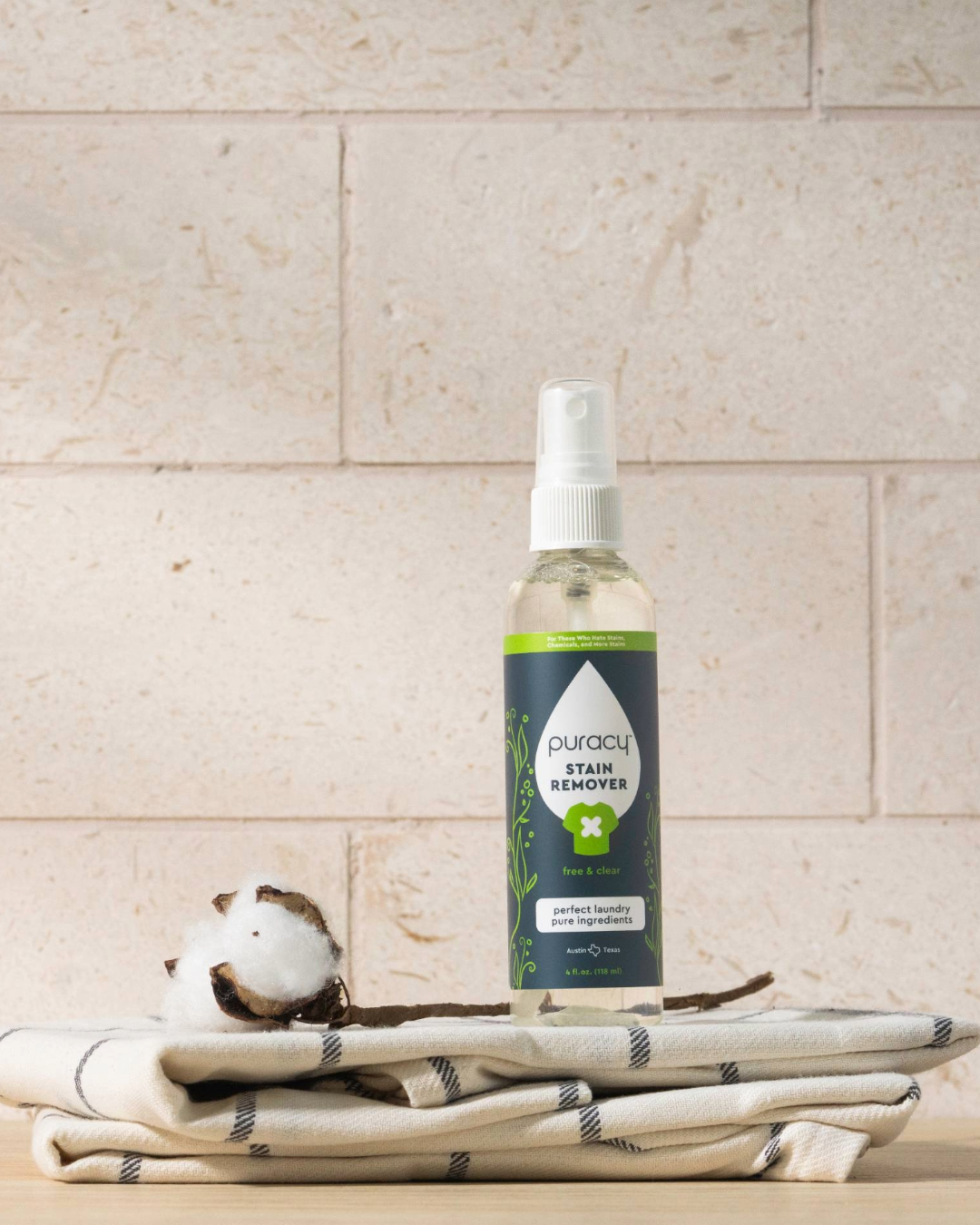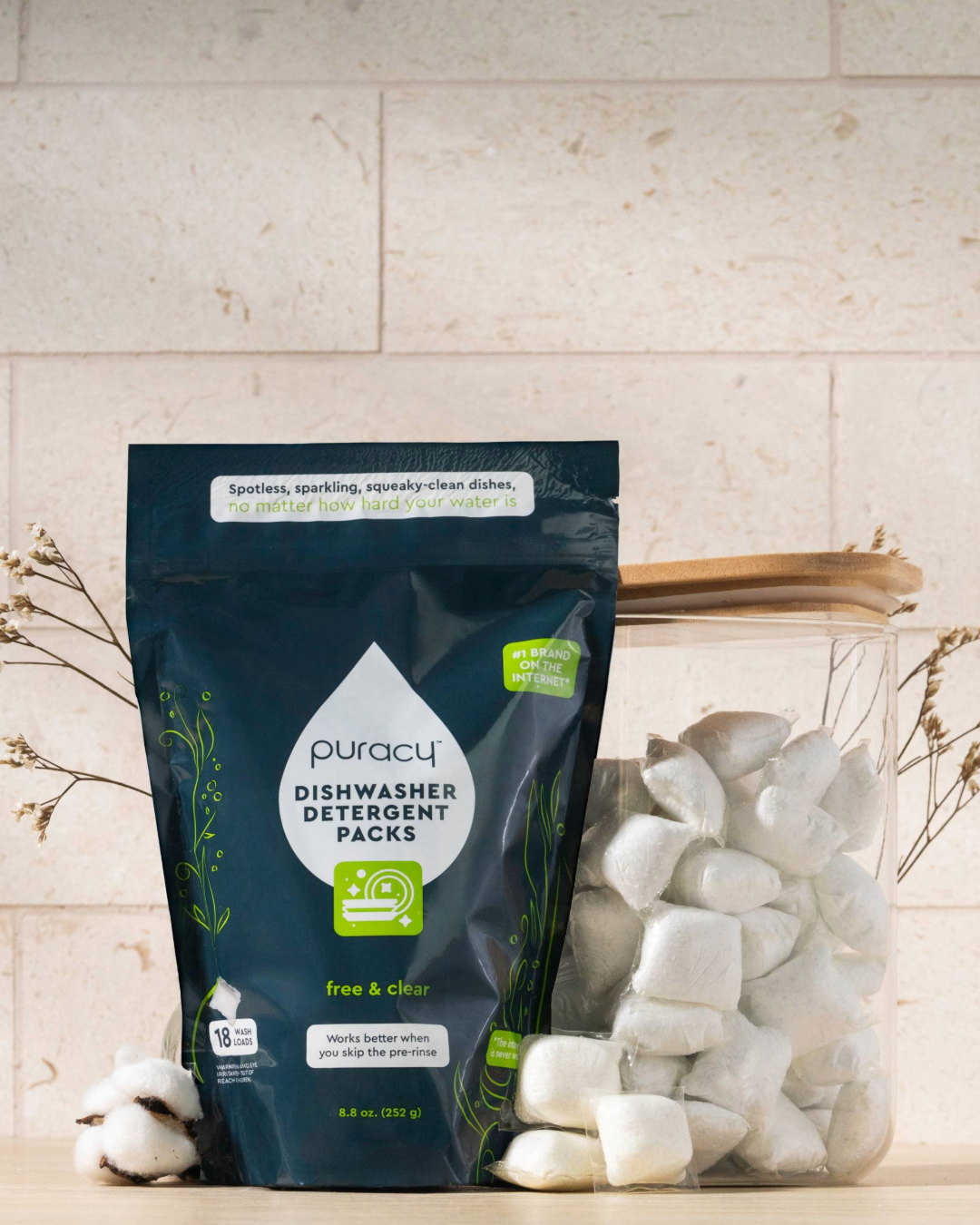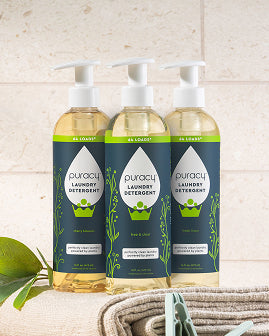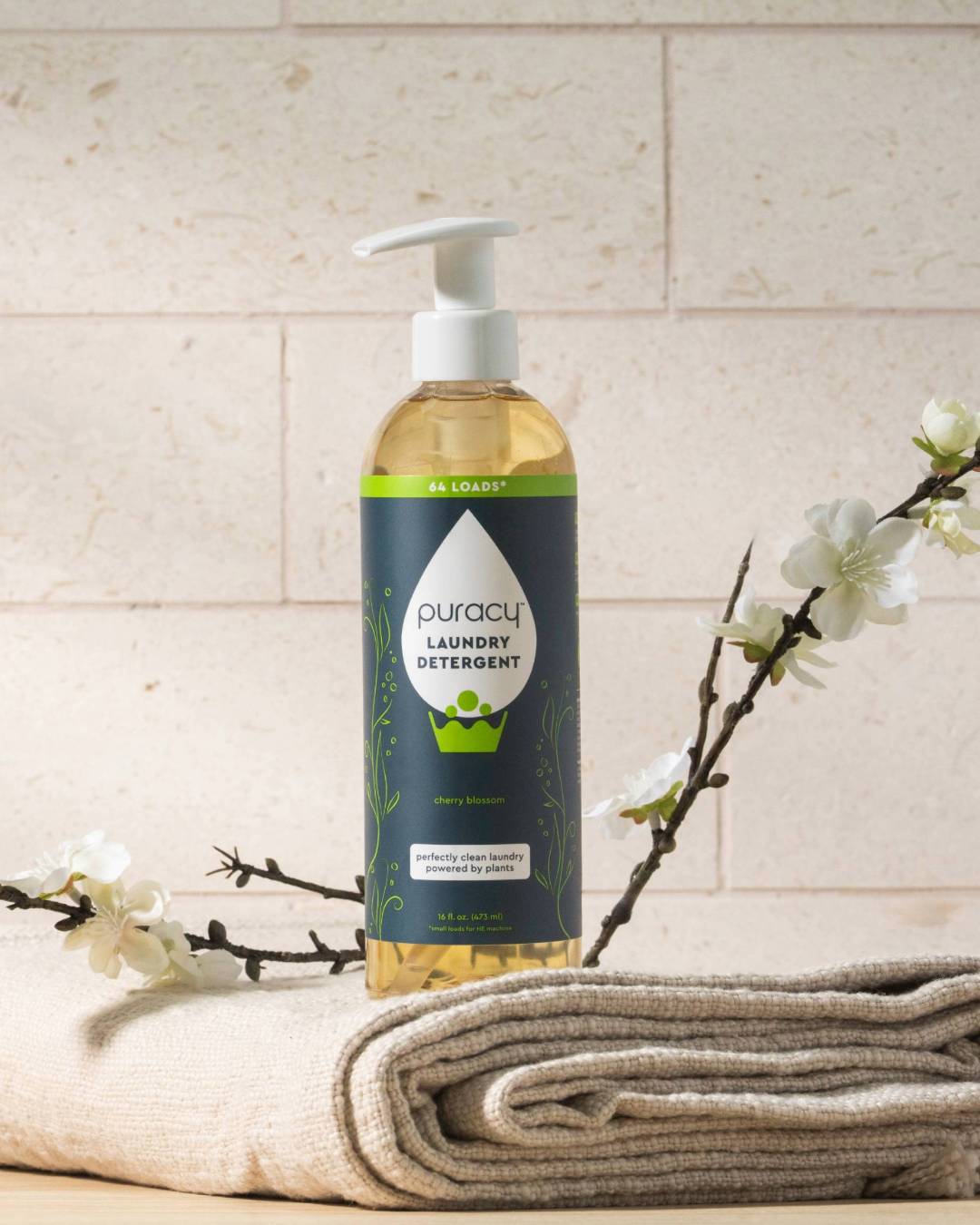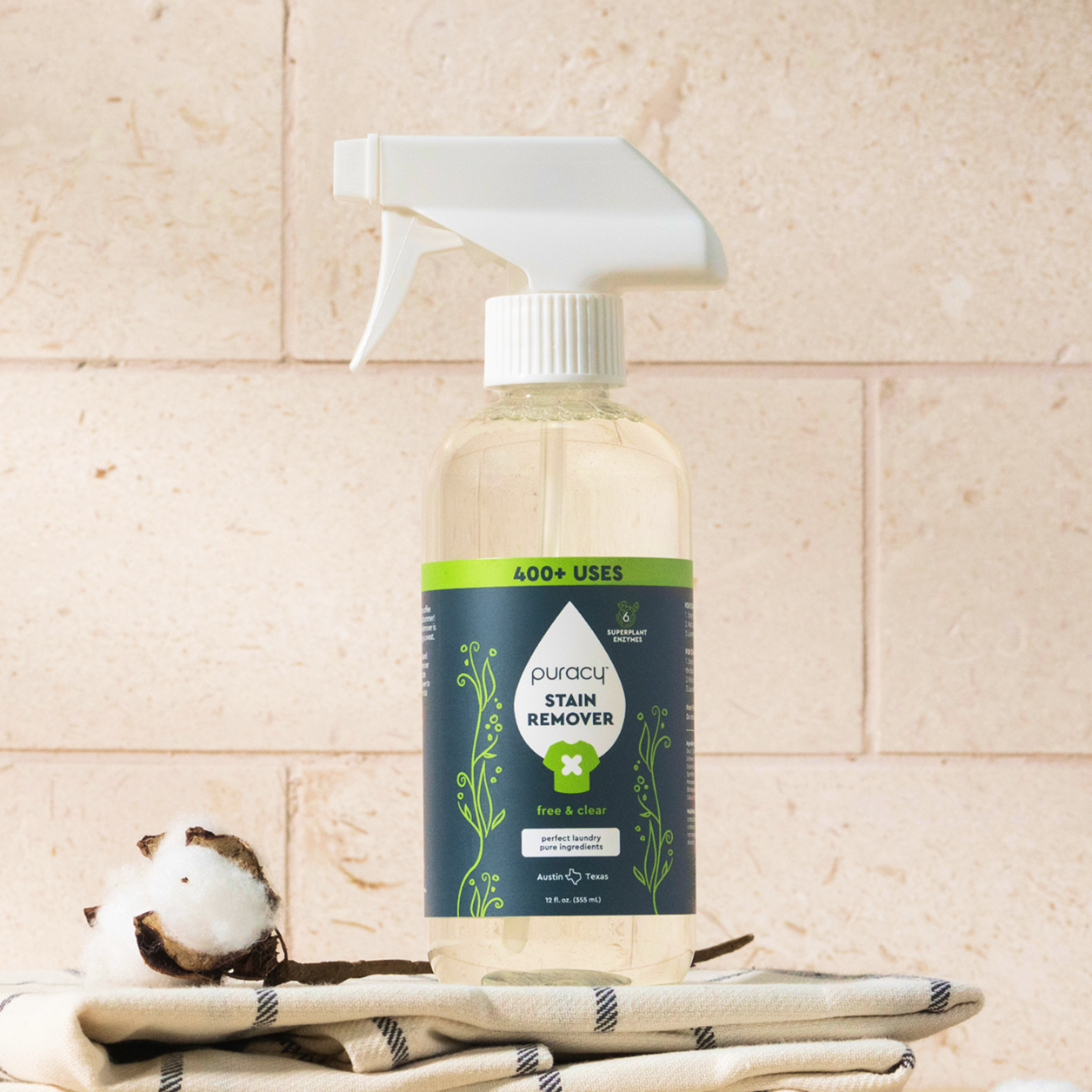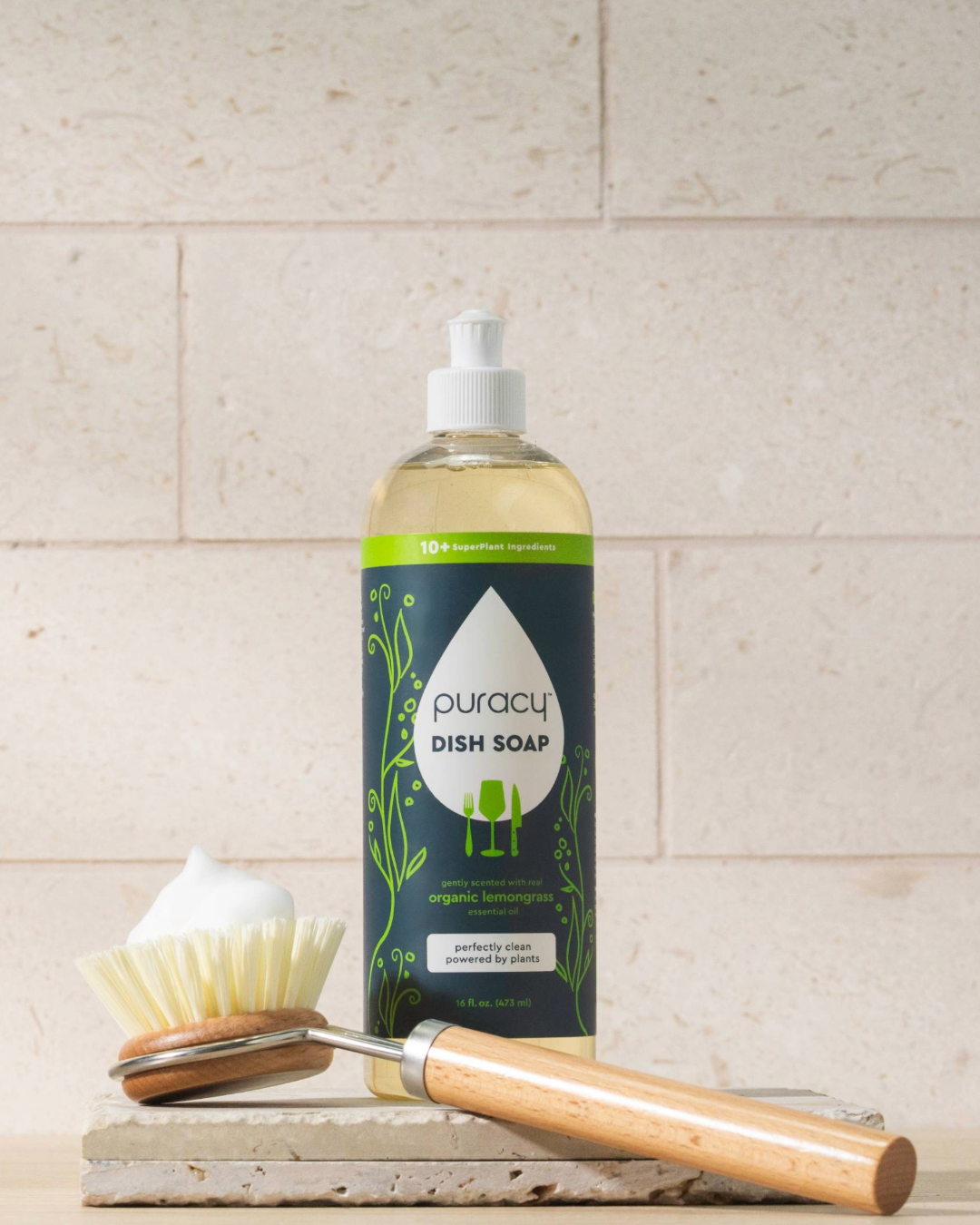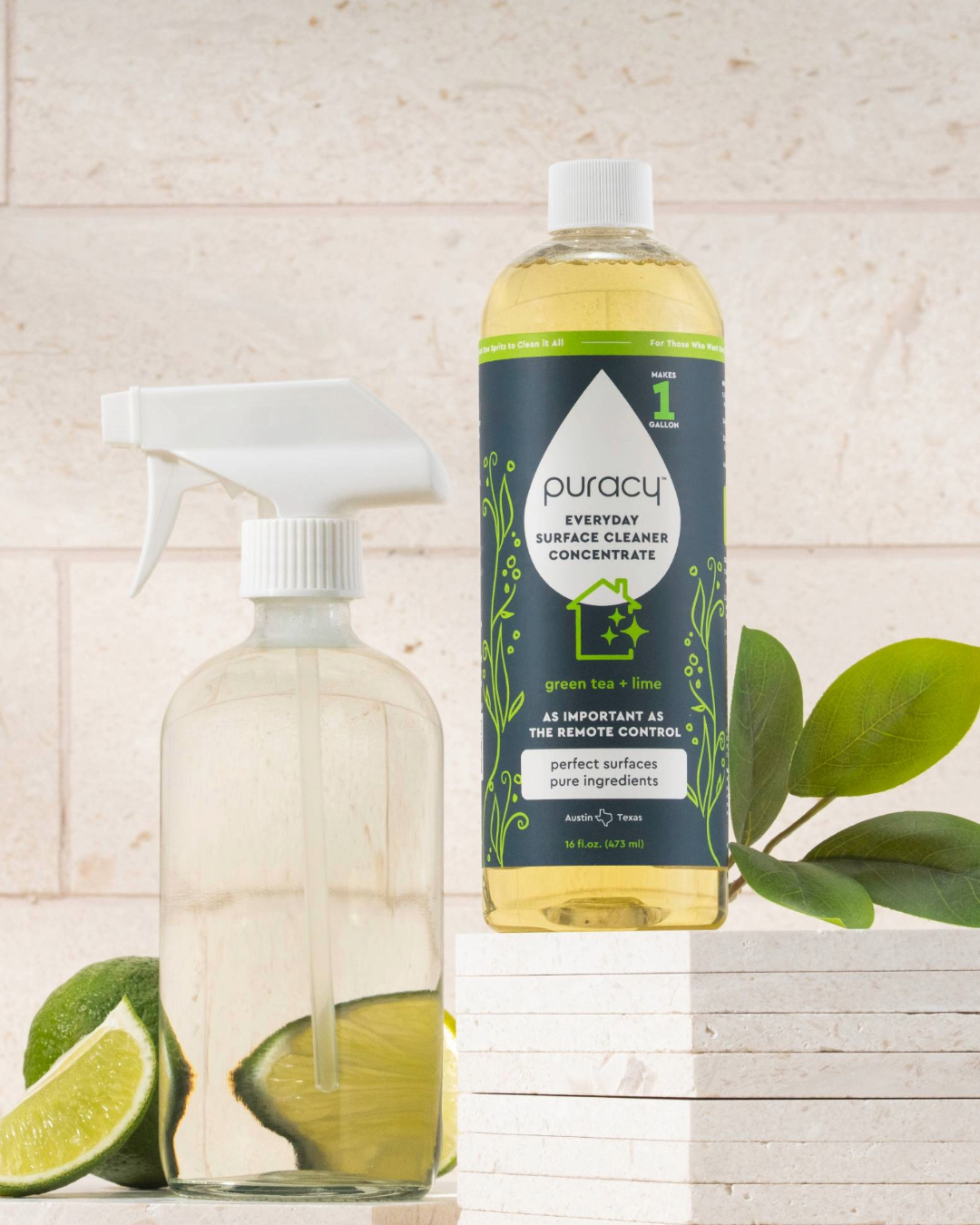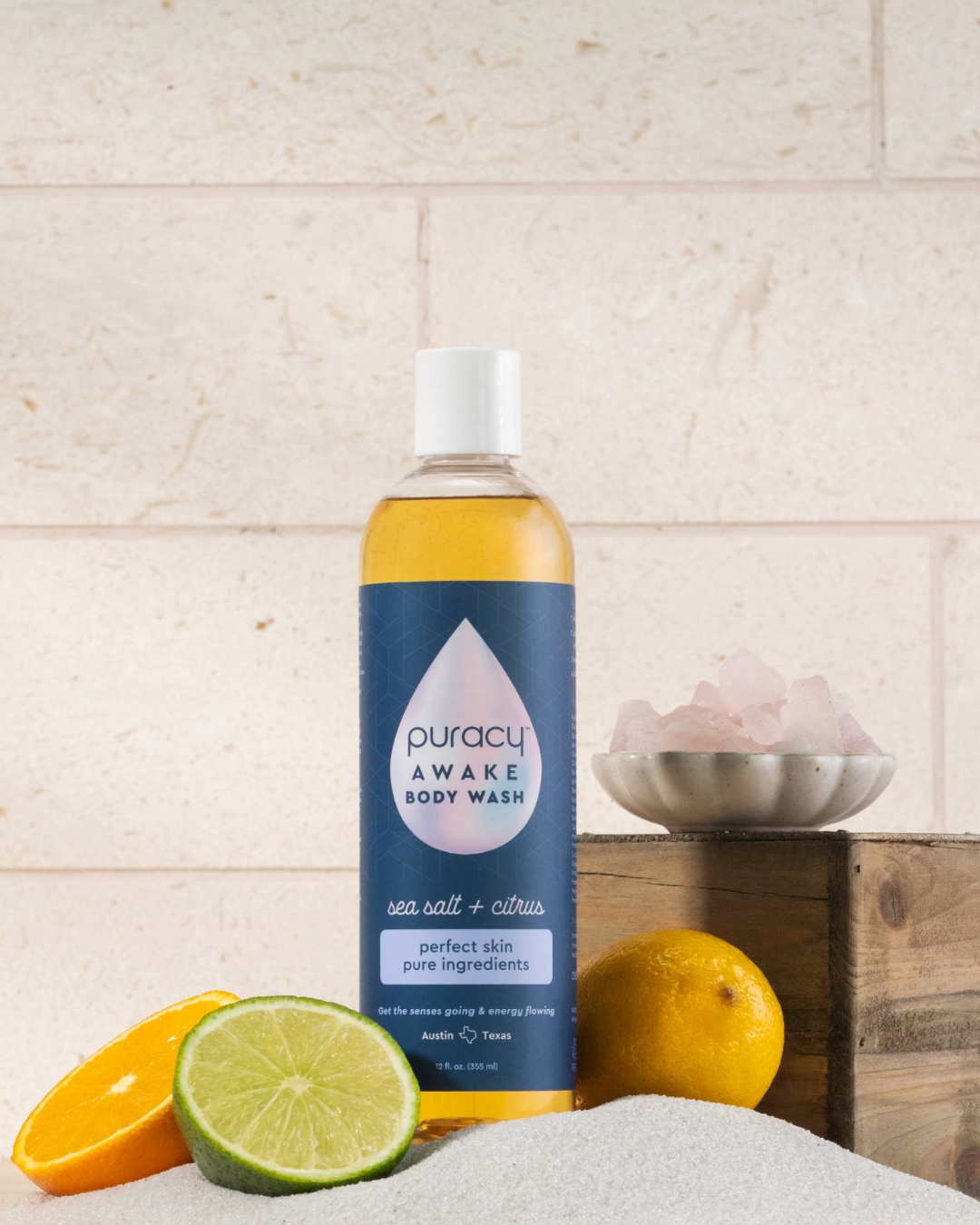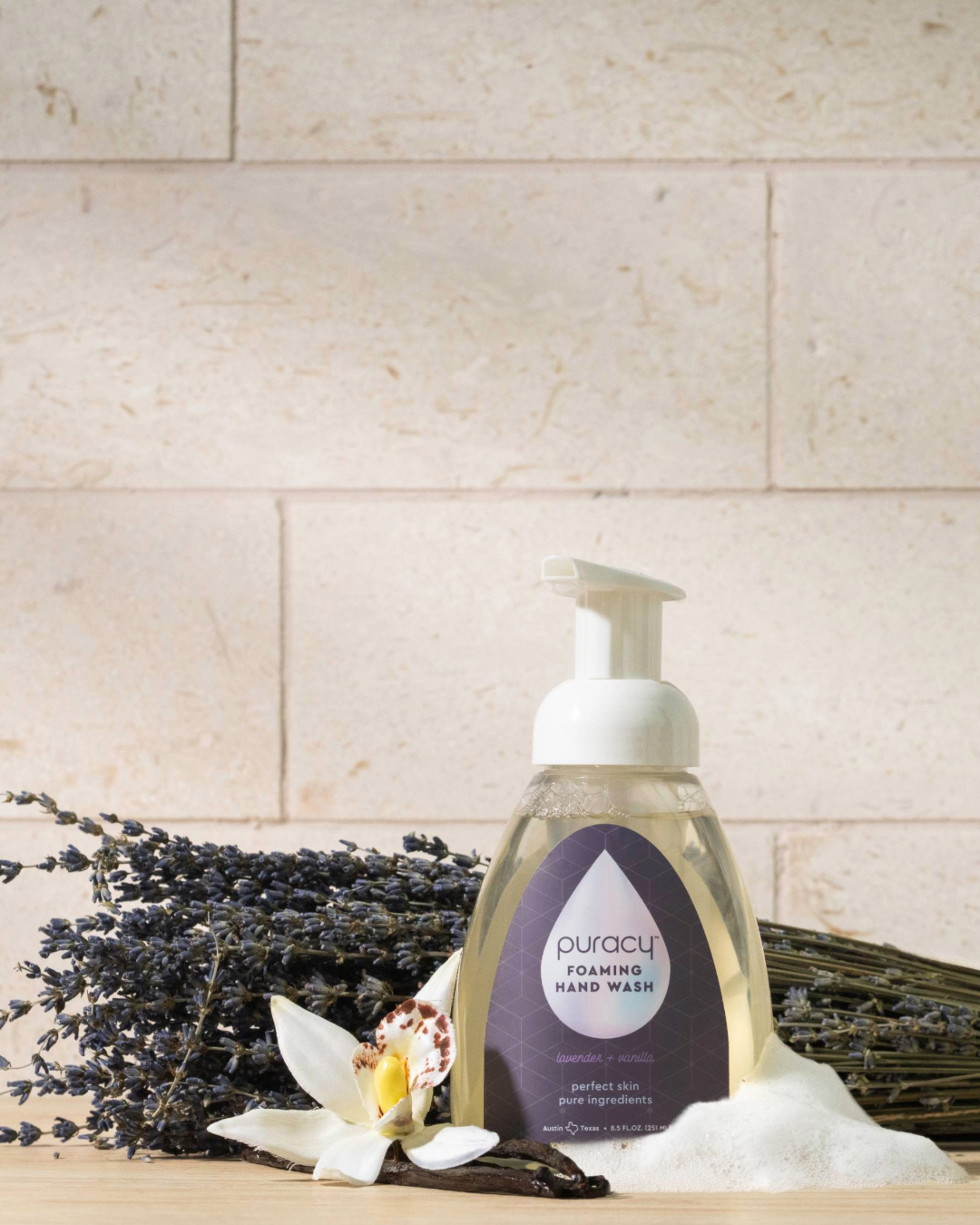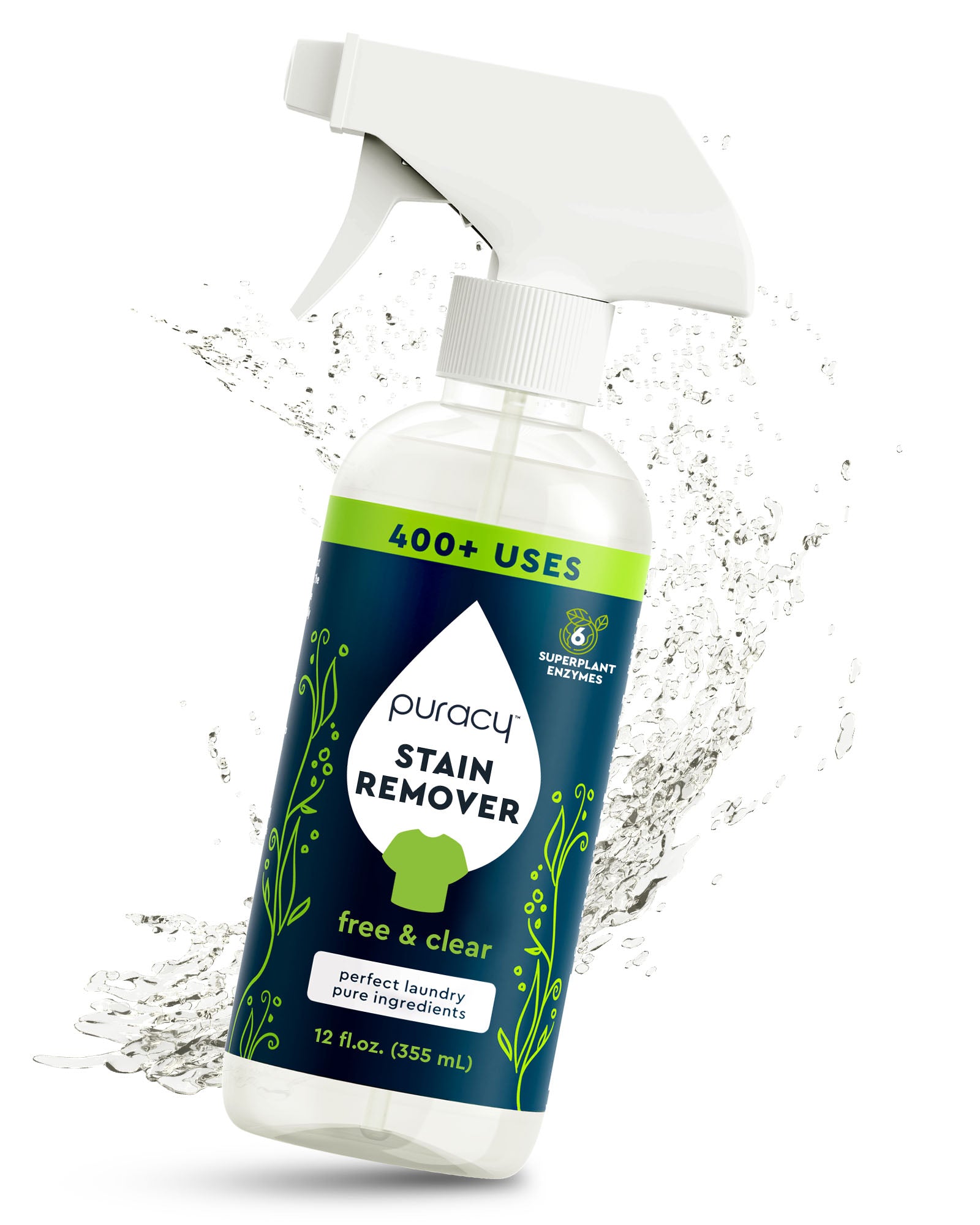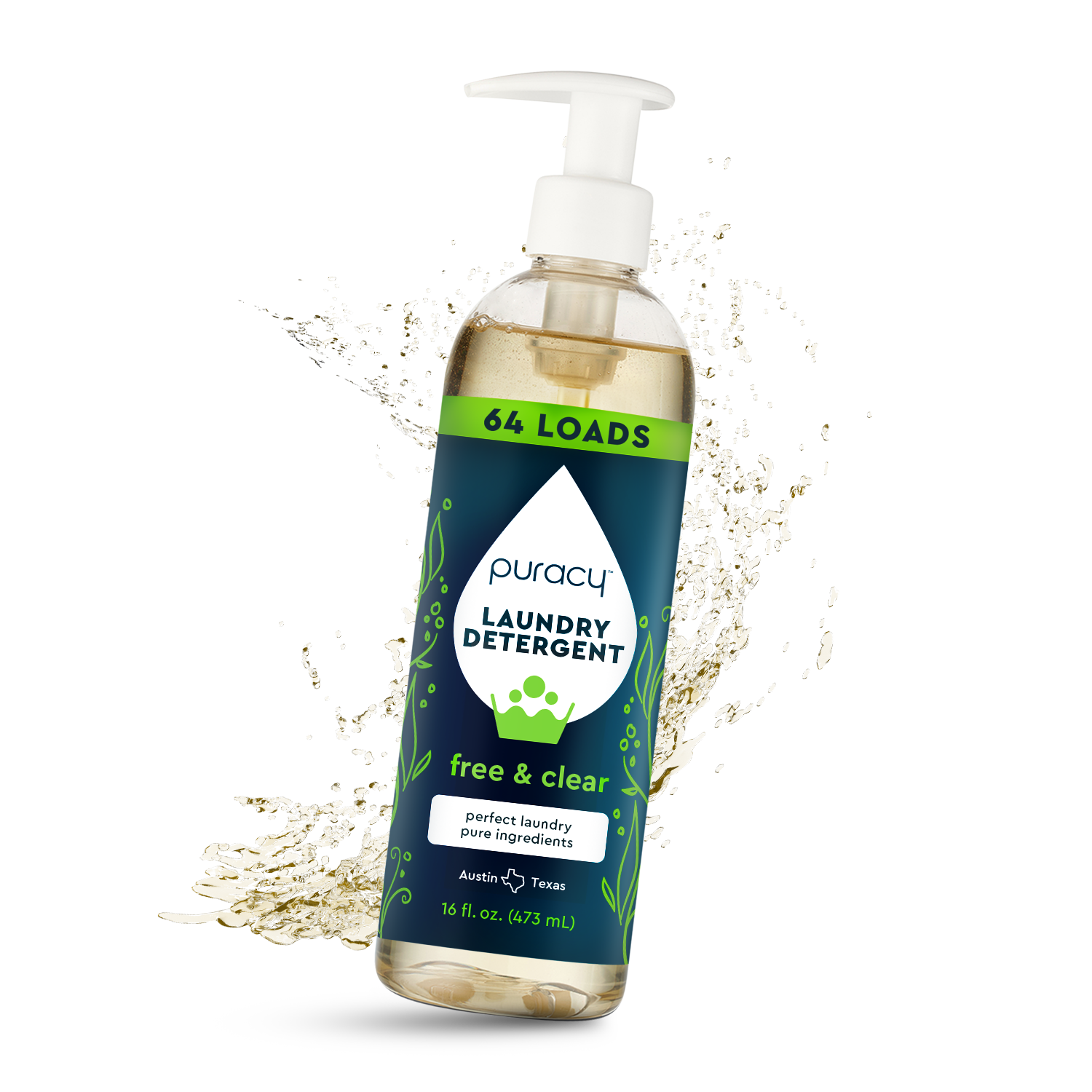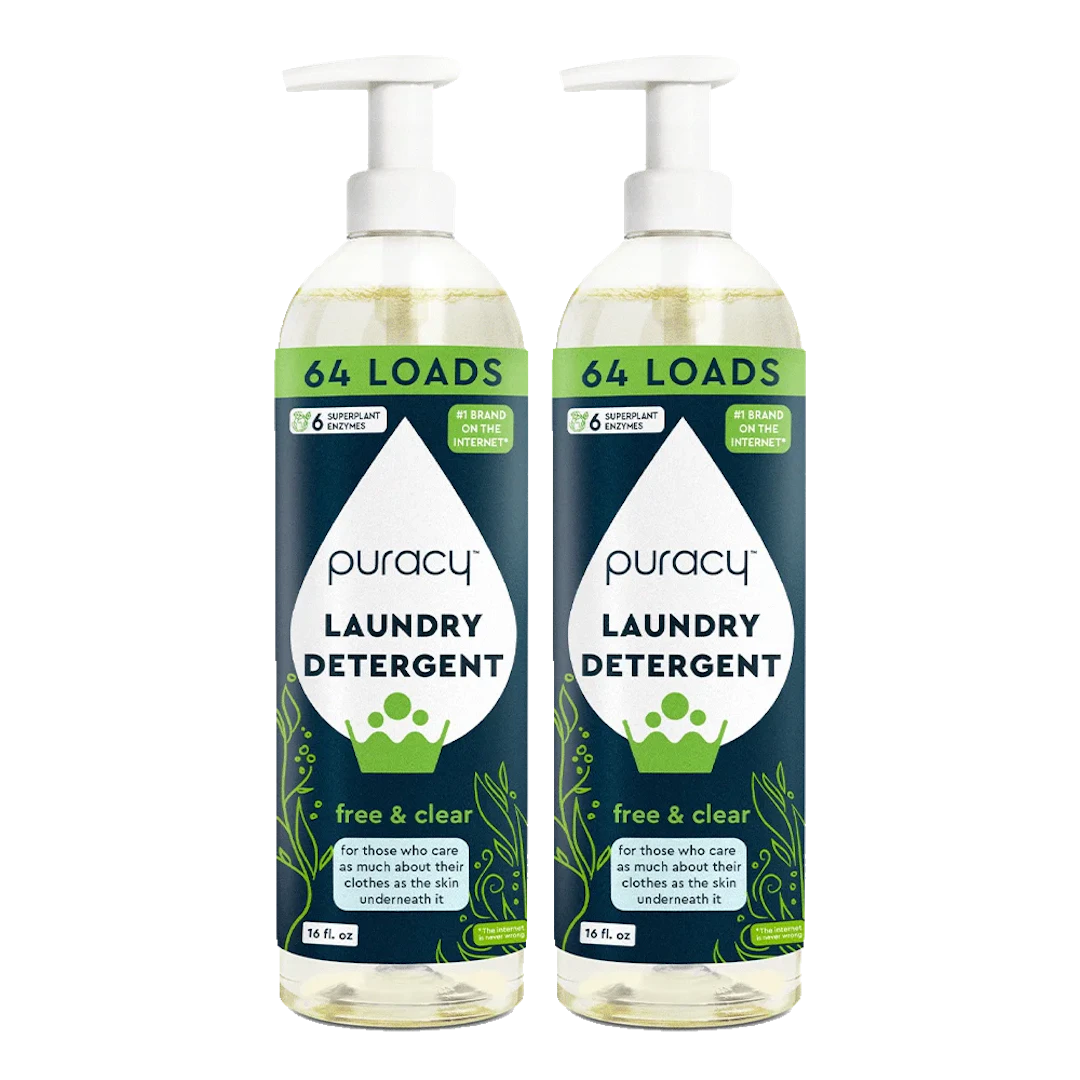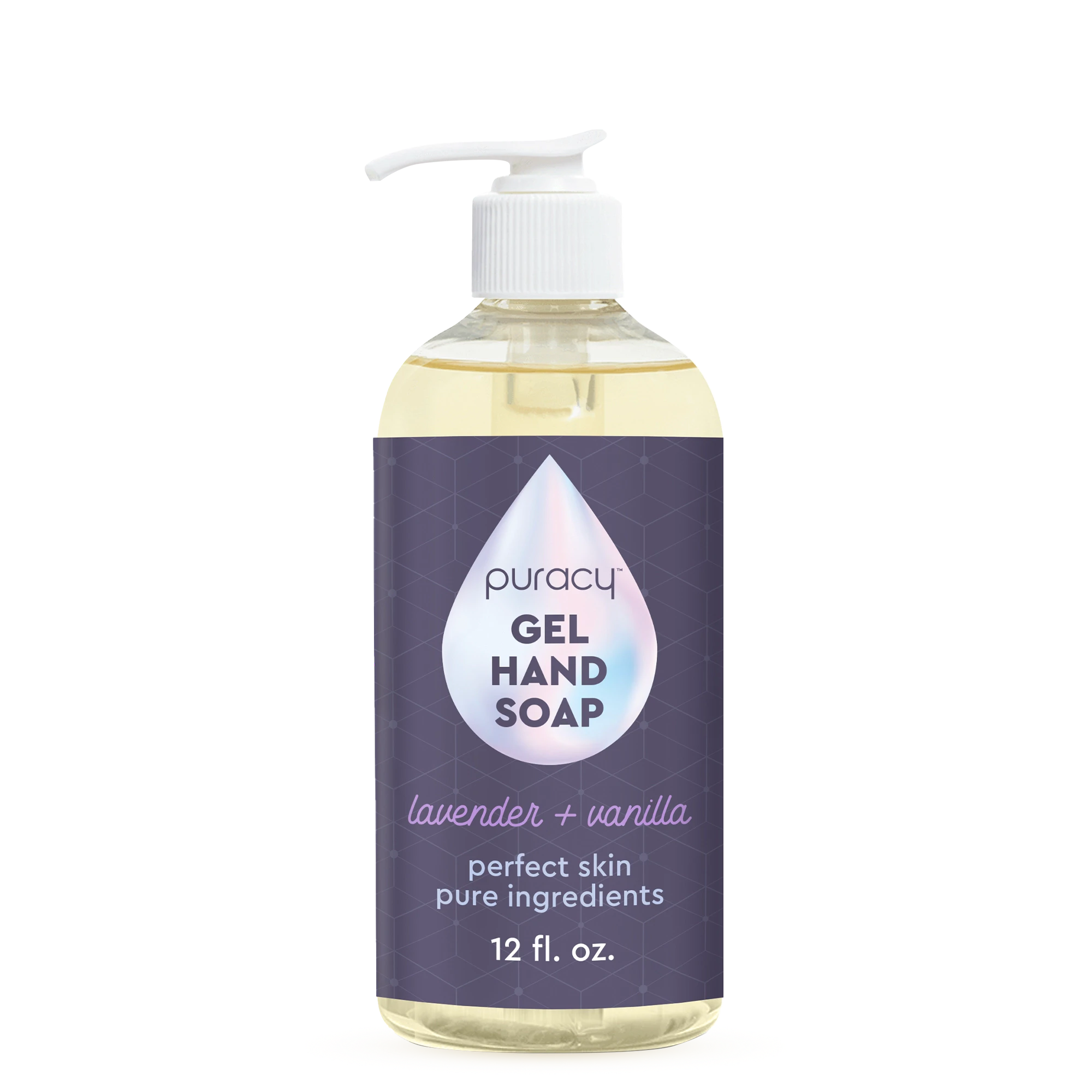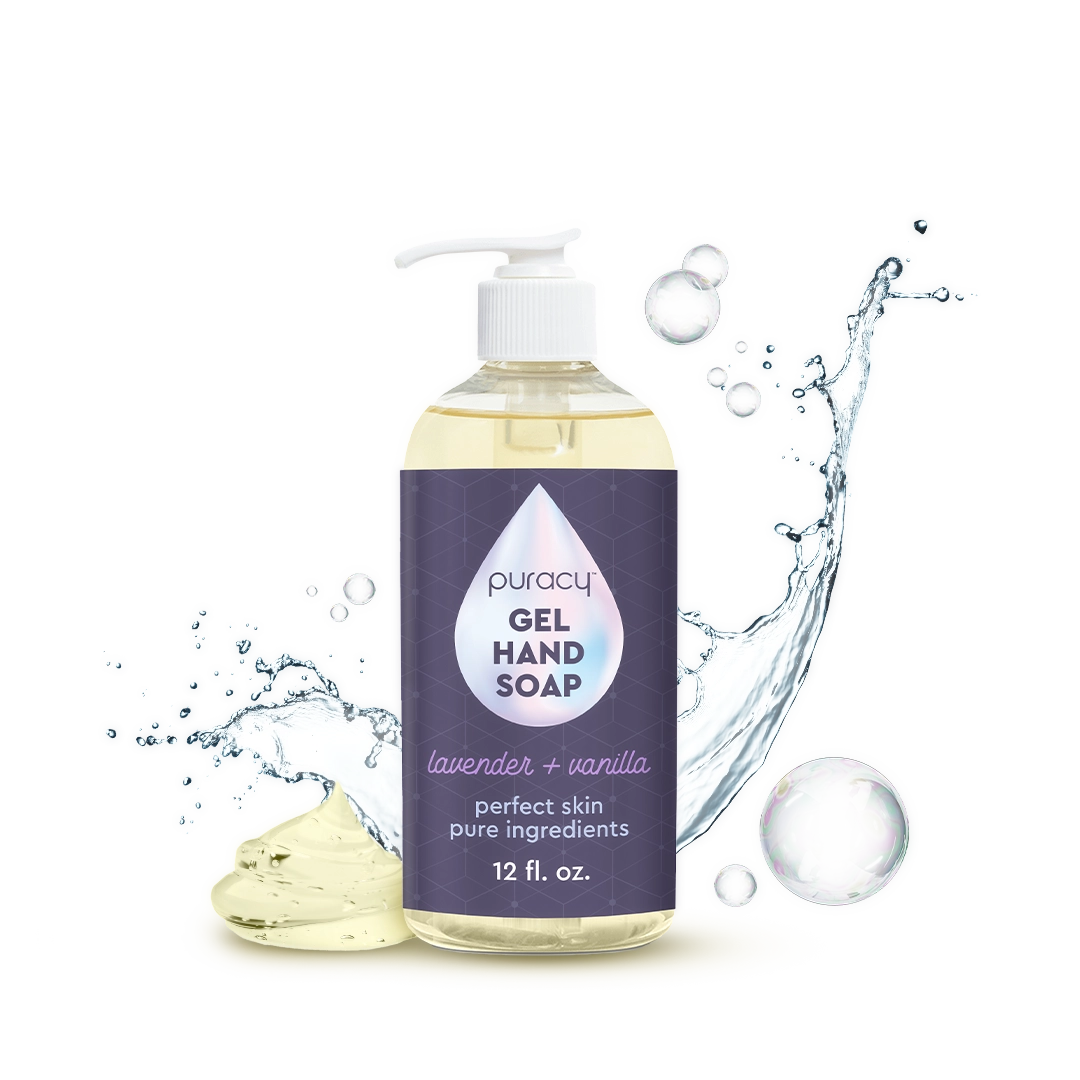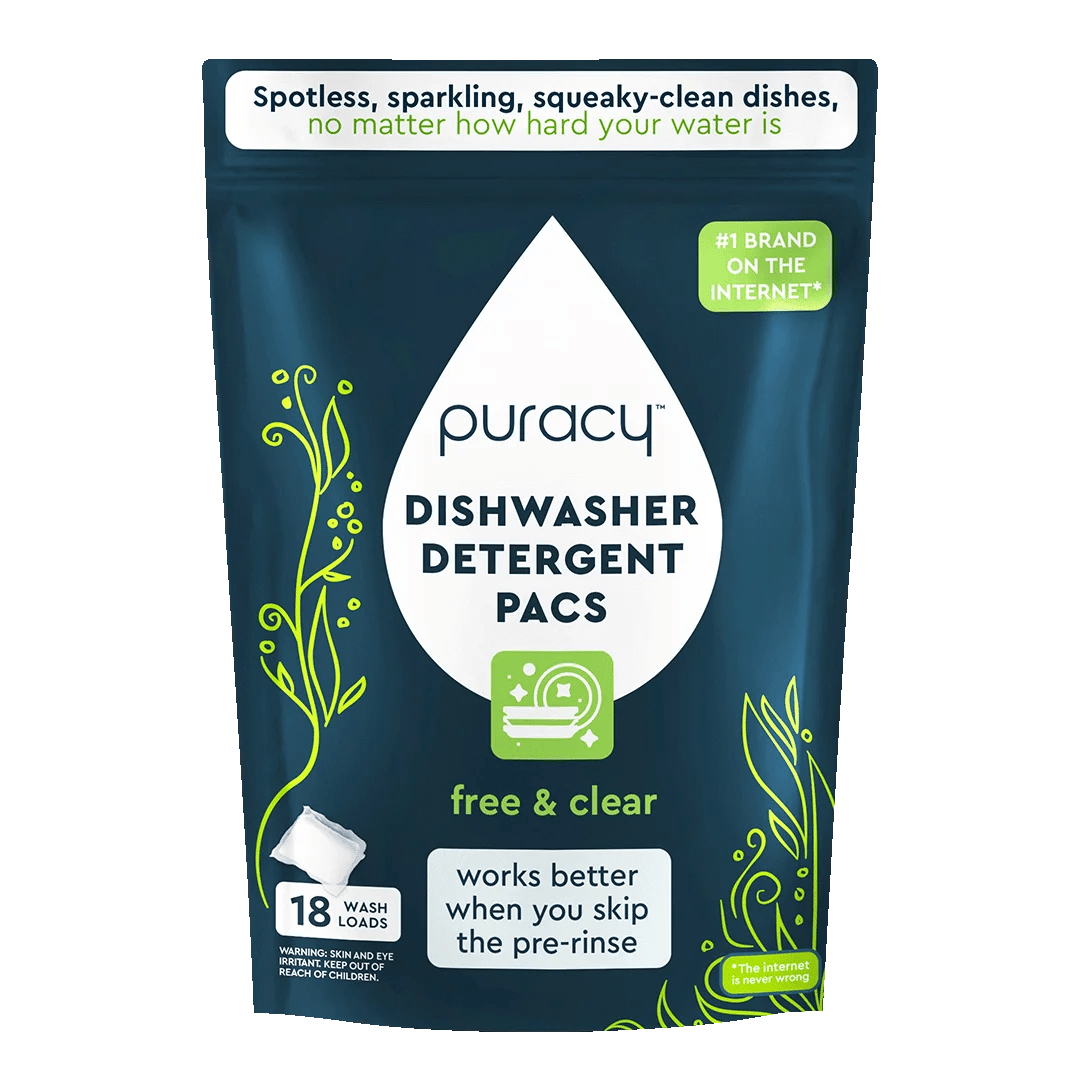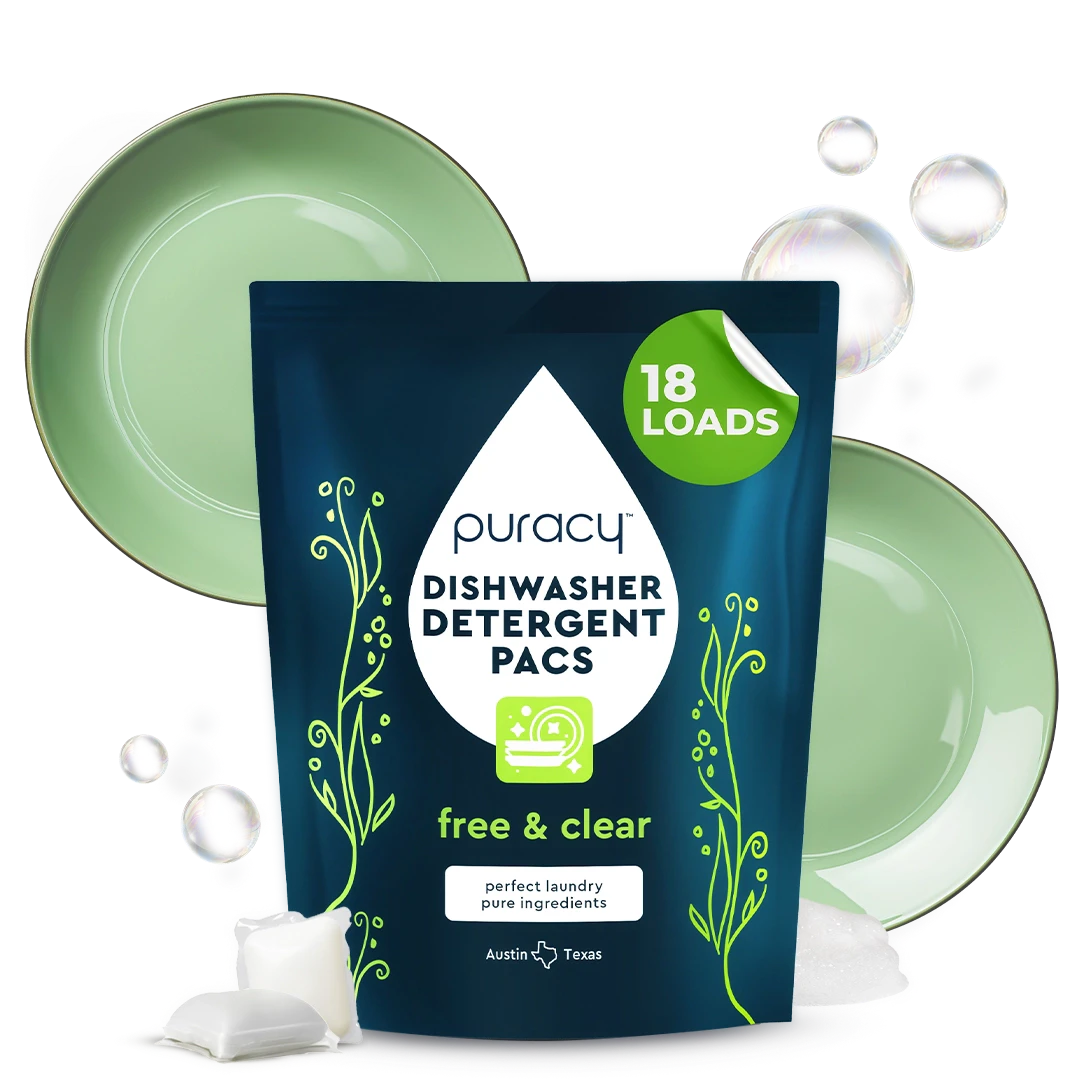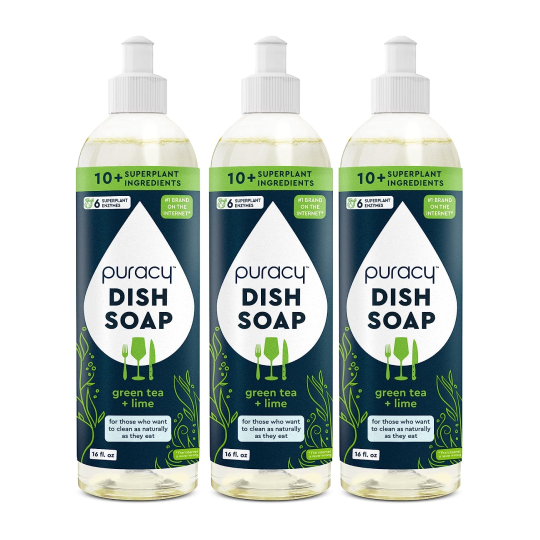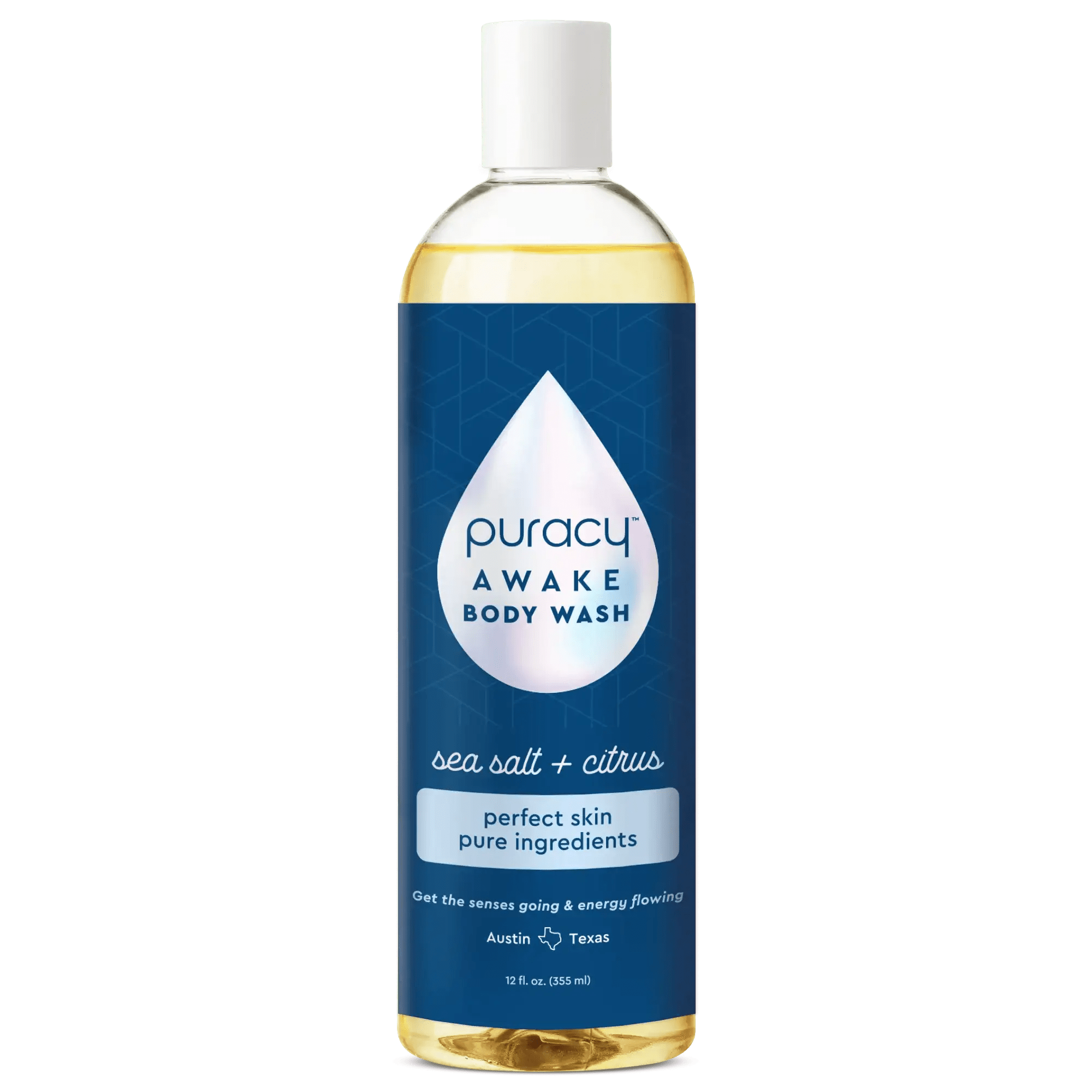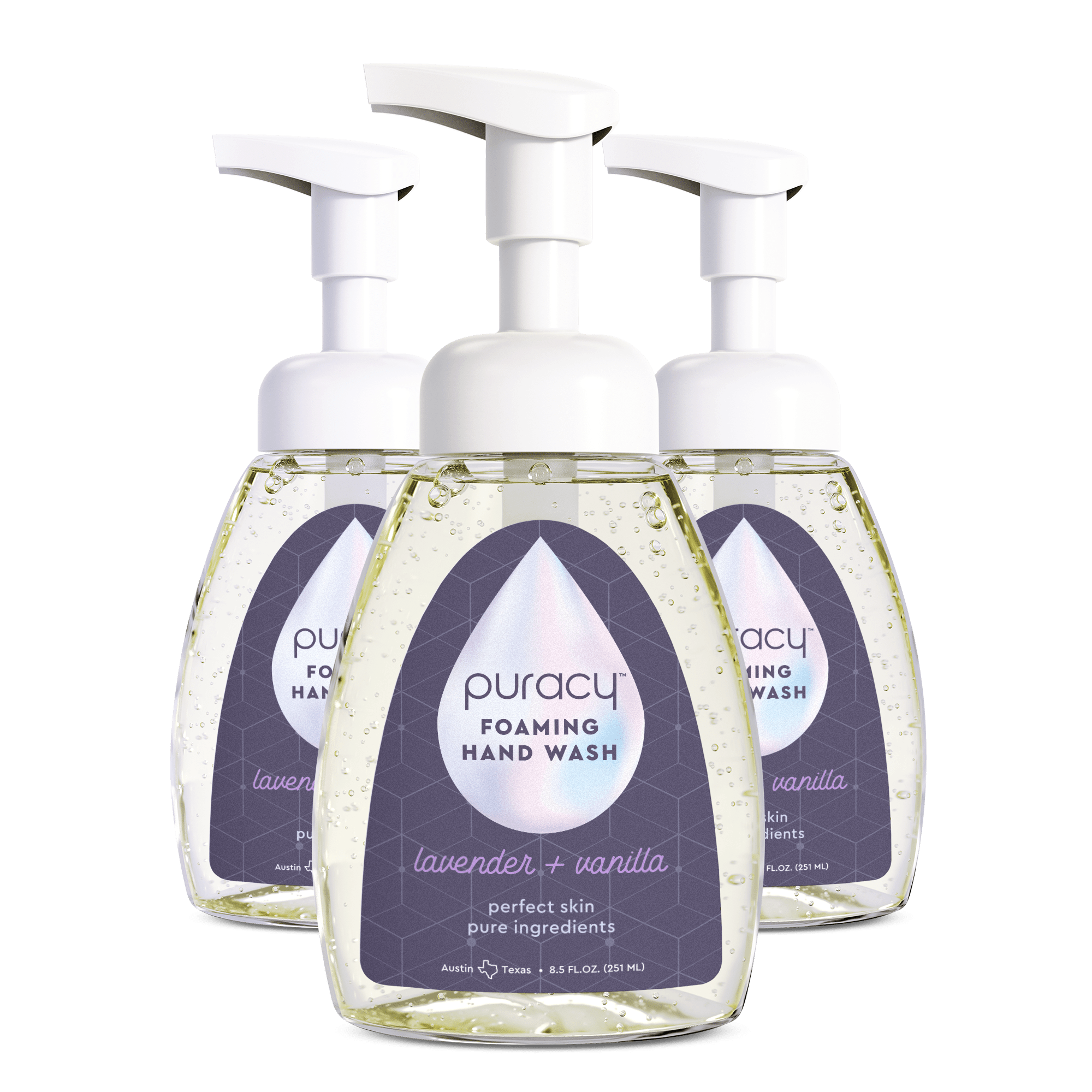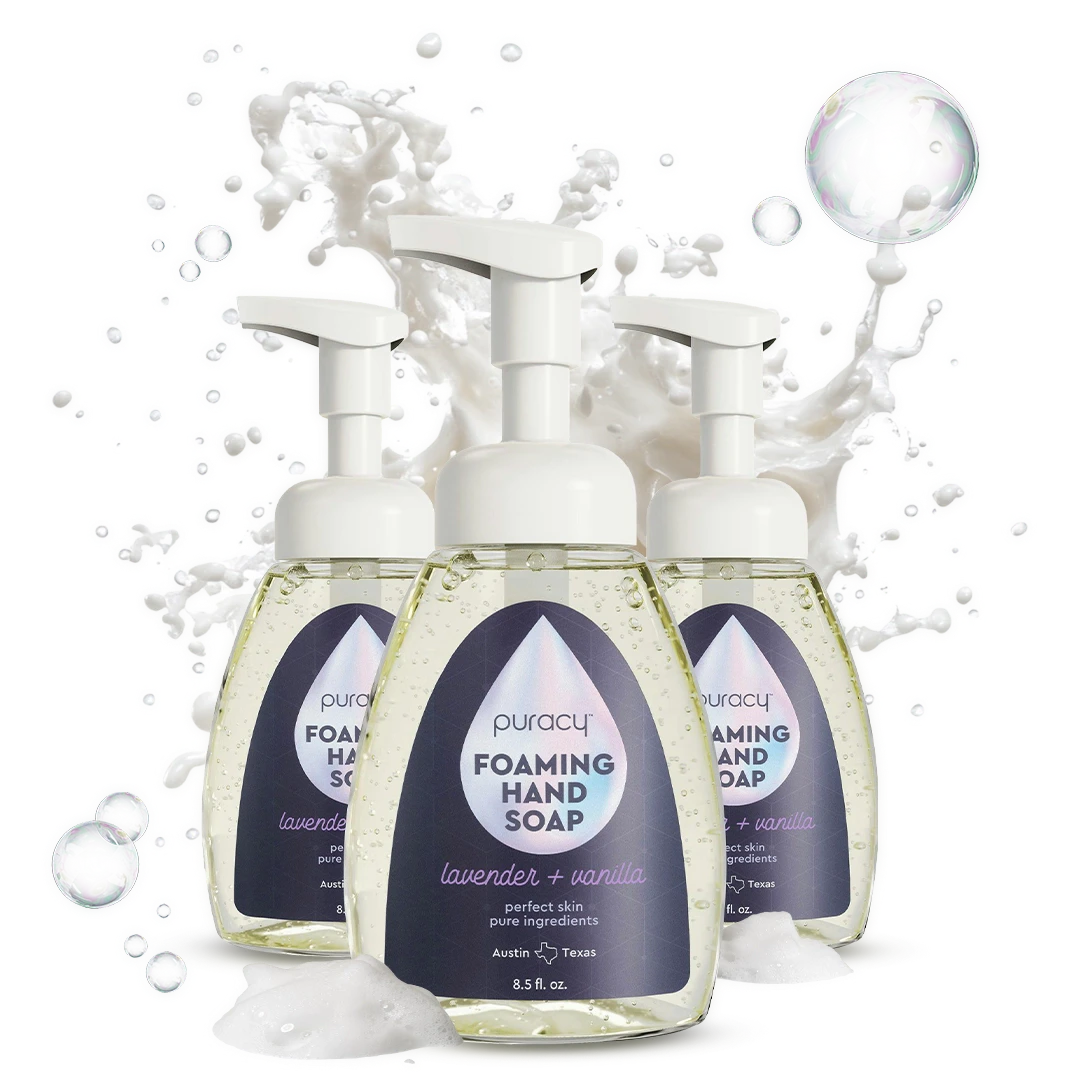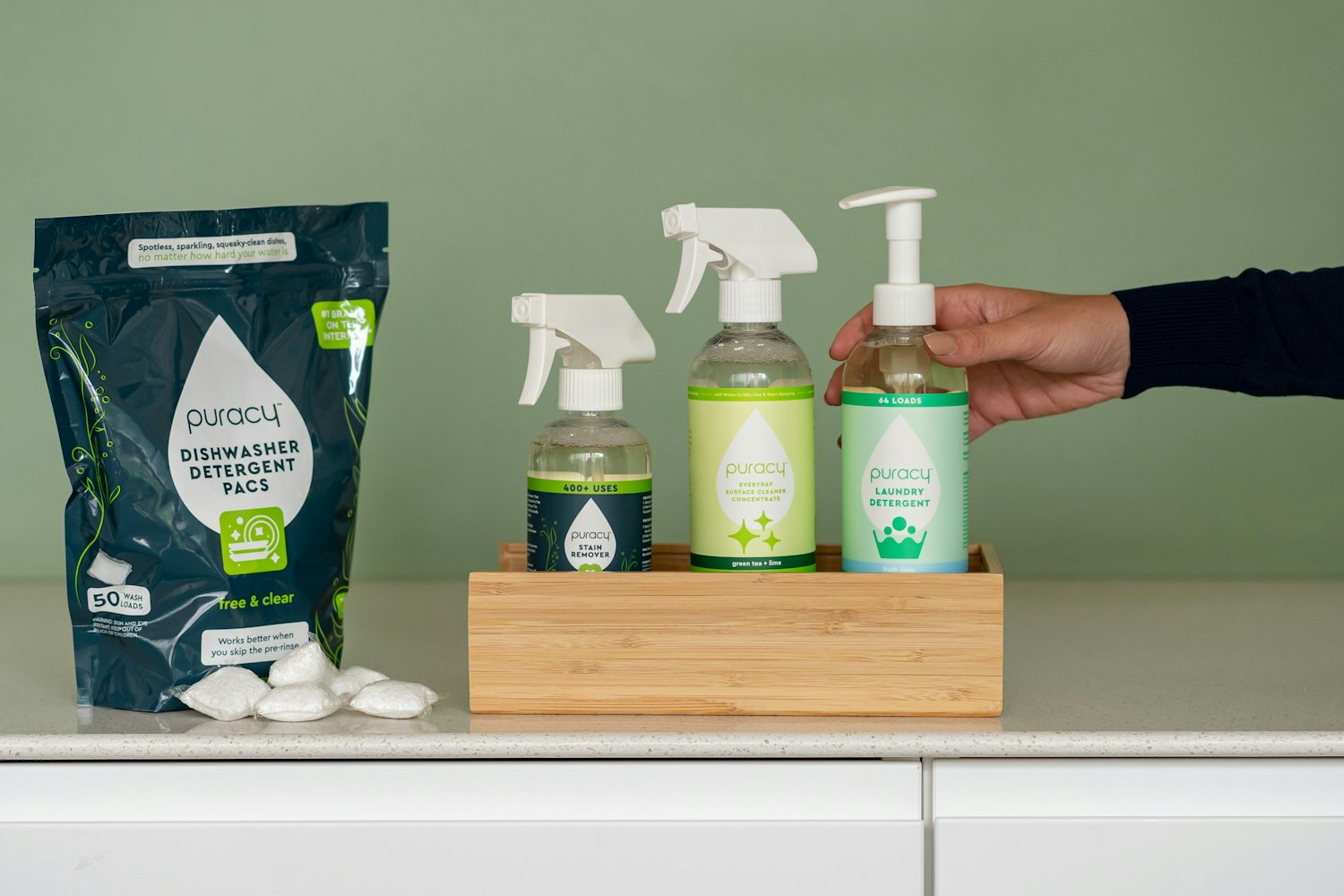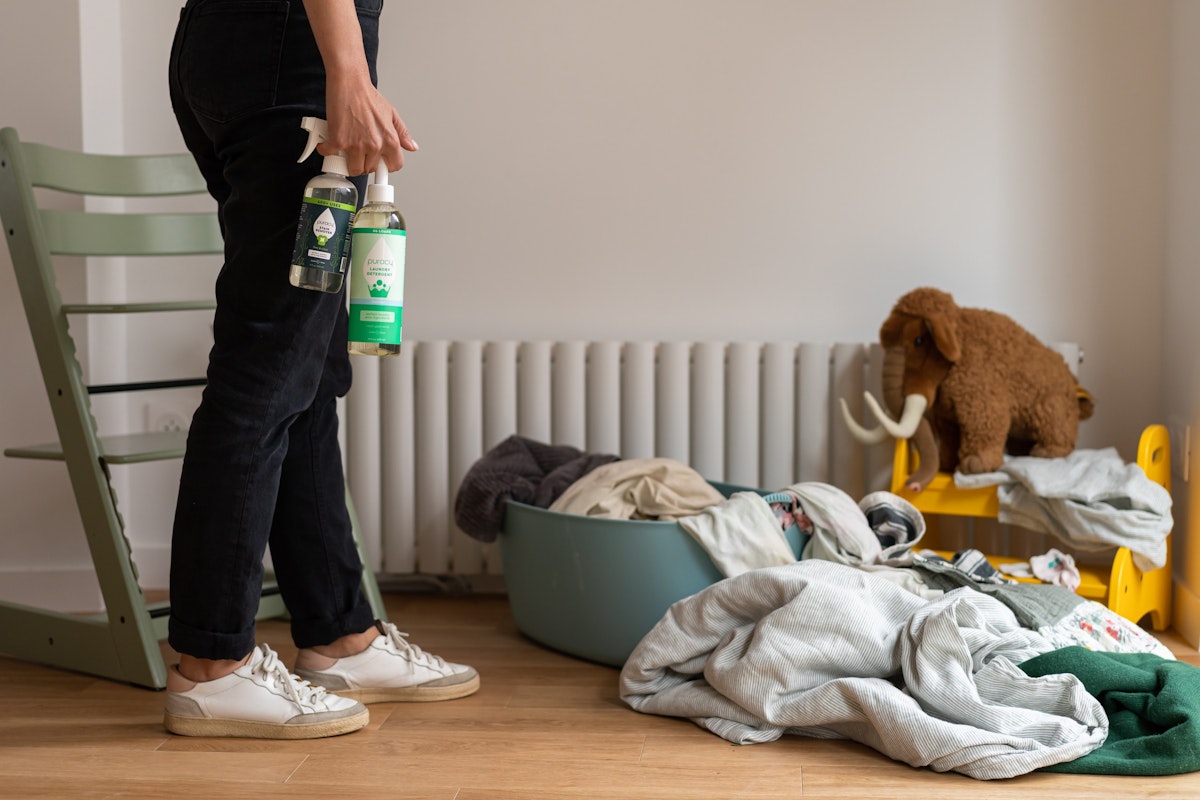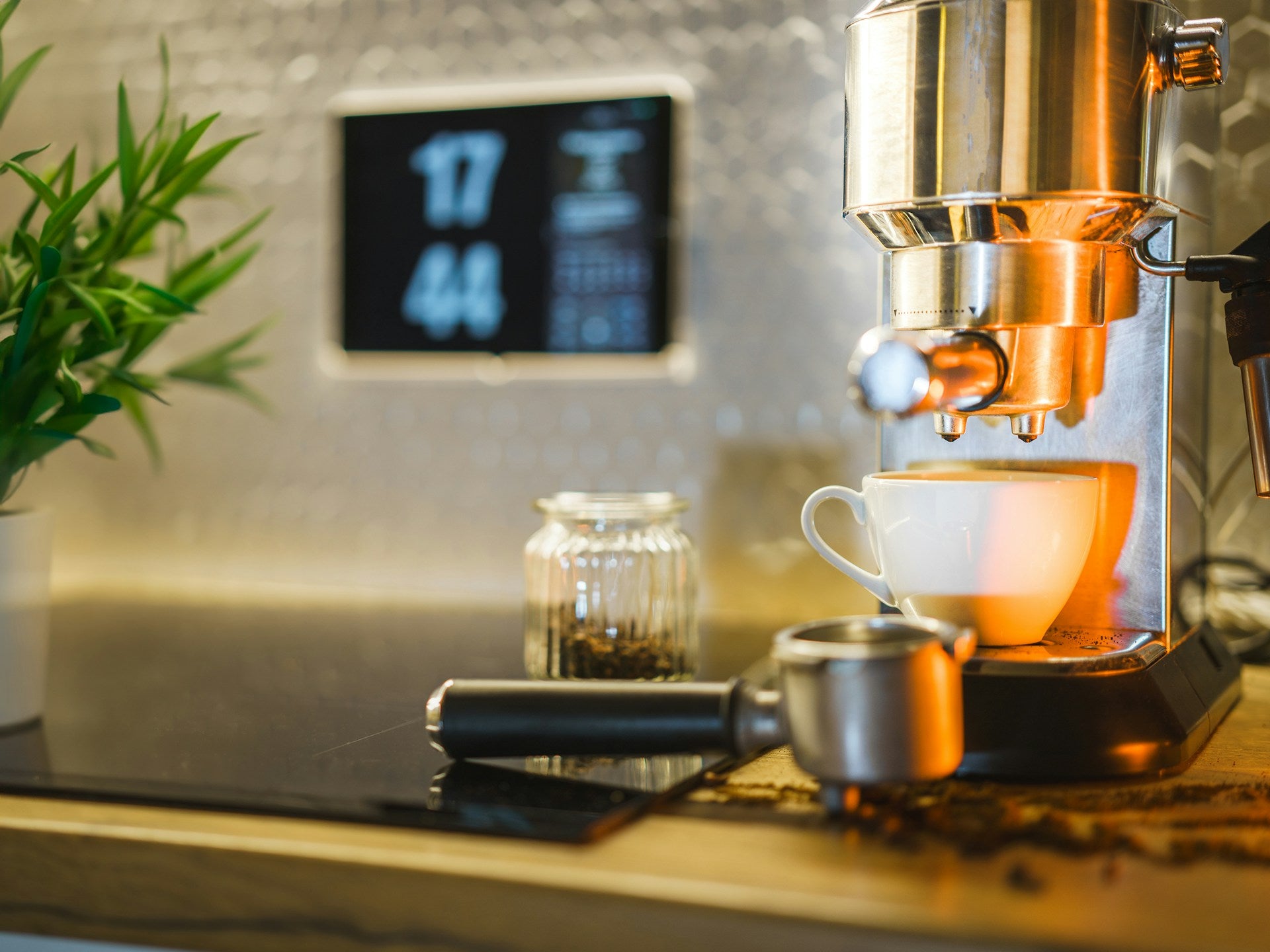
How to Thoroughly Clean Your Coffee Maker Without Vinegar
Keeping your coffee maker clean is essential for maintaining the quality and flavor of your daily brew. While vinegar is a popular choice for cleaning, it's not the only option. In this guide, we'll explore alternative methods to clean your coffee maker effectively without vinegar, ensuring your morning cup is always fresh and flavorful.
What You Need:
- Dish soap
- Water
- Soft cloth or sponge
- Toothbrush or small brush
- Microfiber cloth
Step-by-Step Instructions:
- Unplug your coffee maker and allow it to cool completely.
- Disassemble removable parts such as the filter basket, carafe, and any other detachable components.
- Wash the removable parts with warm, soapy water, using a soft cloth or sponge to remove any coffee residue.
- Use a toothbrush or small brush to clean any hard-to-reach areas, such as the crevices around the filter basket.
- Wipe down the exterior of the coffee maker with a damp cloth or sponge.
- Rinse all parts thoroughly with clean water to remove any soap residue.
- Allow the parts to air dry completely before reassembling the coffee maker.
- Once dry, reassemble the coffee maker and plug it back in.
- Run a brewing cycle with clean water to flush out any remaining soap residue.
- Discard the water from the brewing cycle and brew a second cycle with fresh water to ensure the coffee maker is clean and ready for use.
Pro tip: Consider using filtered water instead of tap water to reduce mineral buildup and prolong the lifespan of your coffee maker.
Frequency of Cleaning Based on Usage:
- For daily coffee drinkers, aim to clean your coffee maker once a month.
- Moderate users can clean every 2-3 months.
- Infrequent users should clean before each use if the coffee maker has been sitting unused for a while.
Why Vinegar is Not a Preferred Choice When Cleaning Coffee Maker

While vinegar is effective at removing mineral deposits, its strong odor and taste can linger in your coffee maker, affecting the flavor of your brew. Additionally, some coffee maker manufacturers advise against using vinegar as it may damage internal components over time.
Signs of a Dirty Coffee Maker:
- Residue buildup in the filter basket or carafe
- Noticeable decrease in brewing performance
- Strange odors or off-tasting coffee
The Importance of Regular Cleaning
Regular cleaning not only enhances the flavor of your coffee but also extends the lifespan of your coffee maker. By removing residue and buildup, you can prevent clogs and maintain optimal brewing conditions, ensuring a consistent and delicious cup every time.
Frequently Asked Questions

Is vinegar safe to use for cleaning?
While vinegar is generally safe for cleaning coffee makers, its strong odor and taste can be off-putting. Additionally, prolonged use of vinegar may damage certain components of your coffee maker, so it's not always the best choice for cleaning.
What are the best alternatives to vinegar?
Alternative cleaning methods include using dish soap and water, baking soda, or specialty coffee maker cleaners. These options effectively remove residue and buildup without leaving behind any unwanted odors or flavors.
How do you get rid of the vinegar taste or odor after cleaning?
If you've used vinegar to clean your coffee maker and are concerned about lingering odors or flavors, run several brewing cycles with clean water to flush out any remaining vinegar residue. This should help eliminate any unwanted taste or smell. You can also leave the coffee maker open to air out for a few hours.
Why is dish soap better than vinegar for cleaning a coffee maker?
Specialty coffee maker cleaners are formulated specifically for removing coffee oils and mineral deposits, offering a more targeted and effective cleaning solution compared to vinegar or household alternatives.
How do you clean a coffee maker naturally?
Natural cleaning methods, such as using baking soda and water, offer a safe and eco-friendly alternative to harsh chemical cleaners. Mix 1/4 cup of baking soda with a cup of warm water and run the coffee maker, then flush out the mixture with clean water.
